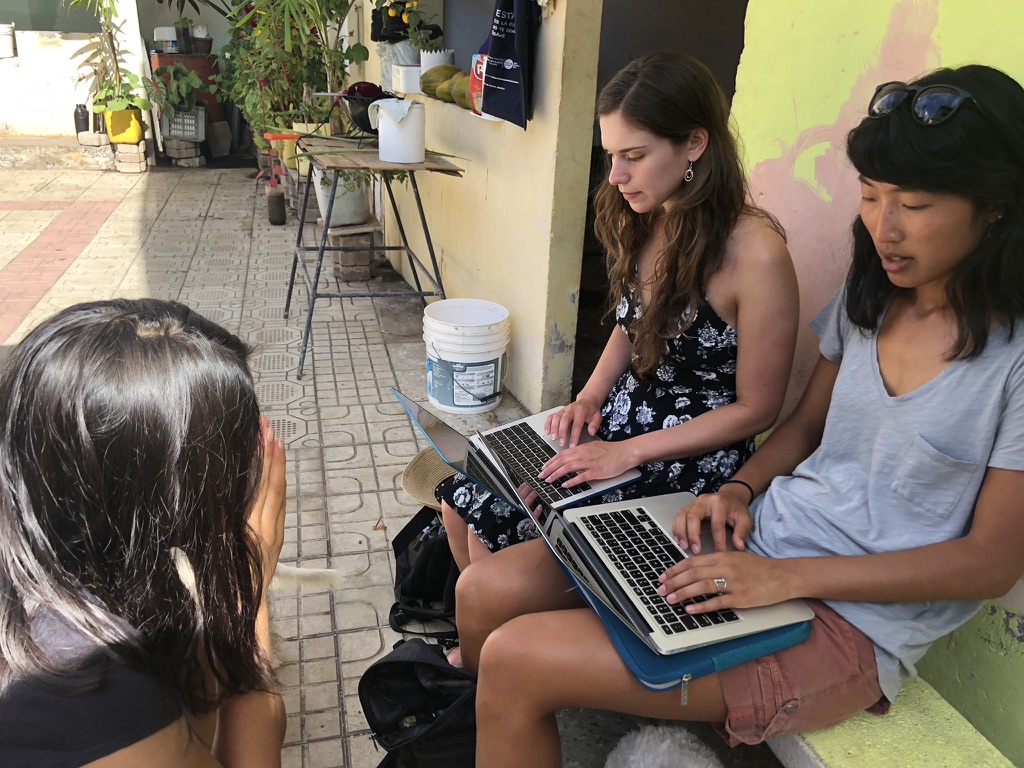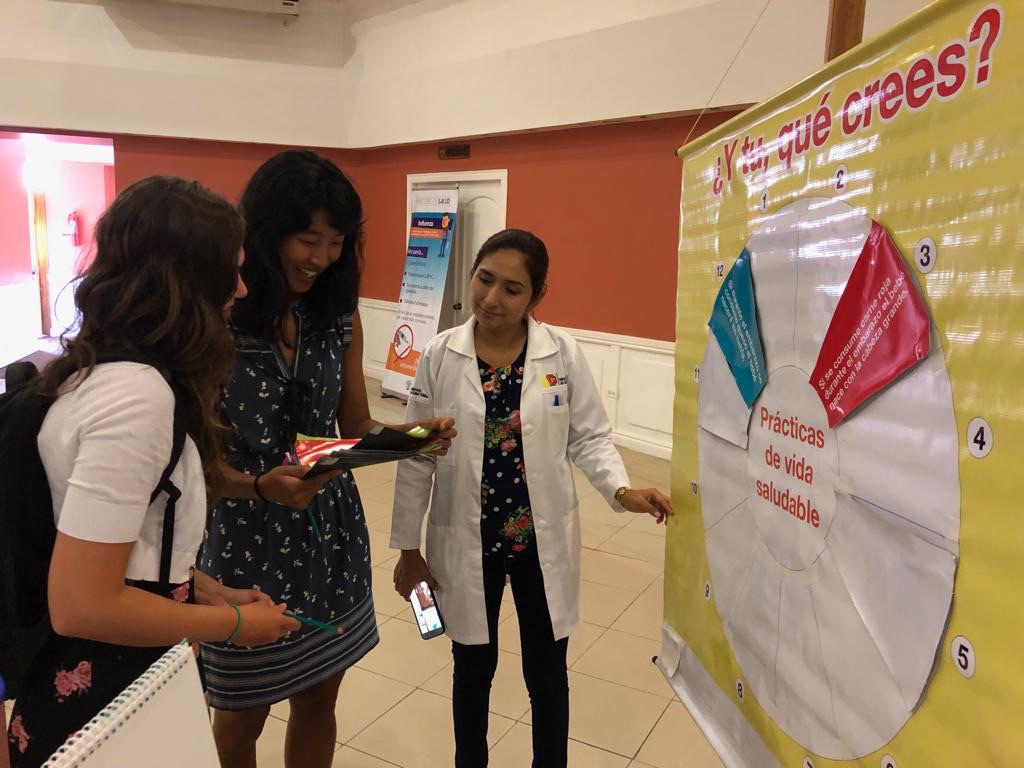2019 Faculty Seed Fund Sprouts and Shoots: Part 2
January 28, 2020
This is the second in a series of Field Notes focused on the work resulting from the 2019 Research and Teaching Seed Funds. These short posts offer a brief look at the second round of emergent initiatives in environmental humanities being developed by Penn faculty with support from PPEH seed funds. Each of the projects will also be featured in short presentations in February 2020 as a part of our Spring Brown Bag Series. Check out the schedule here!
Jump to Part 1
Human Ecology of the Galápagos
Victoria Moffitt (MD Candidate, Perelman School of Medicine)
Gina Chang (MD Candidate, Perelman School of Medicine)
Faculty grant recipients: Jennifer Pinto Martin (School of Nursing & School of Medicine) and Michael Weisberg (Philosophy, School of Arts & Sciences)
In the summer of 2019, we had the privilege of laying the foundations for a new public health partnership between the University of Pennsylvania and the community of San Cristóbal, Galápagos. Our goal was to assess the health needs and strengths of this population of 8,000 – 10,000 people through semi-structured interviews with various community members. Ernesto Vaca, codirector of the Galápagos Education and Research Alliance, was an invaluable on-the-ground advisor, who arranged a meeting with the mayor, in which we were able to garner the support of the municipality. This allowed us to meet and interview municipal workers of various backgrounds, from mechanics to office workers to recycling management for our assessment. We also interviewed many local health leaders, including the island’s director of public health and the local hospital director, as well as lifeguards, high schoolers, park rangers, and teachers.

Victoria and Gina interview a local high schooler in order to include adolescent and student perspectives on public health issues present in the San Cristóbal community.
In reviewing the 47 interviews we conducted, we were struck by many community members’ desire to preserve the purity of the San Cristóbal ecosystem, and they expressed a keen awareness of how pollution and waste not only impact natural habitats, but the health of humans as well. One of the community’s main concerns was the lack of information and understanding surrounding nutrition, paired with a perceived limited access to healthy foods. Furthermore, many residents voiced concerns about the paucity of specialist medical providers on the island and a lack of confidence in the local hospital – most people travel to mainland Ecuador for medical care. Additionally, most residents did not receive preventative care, and there has not been extensive screening for chronic health conditions such as diabetes and hypertension so the exact numbers of people suffering from these diseases remain largely unknown.

Victoria and Gina attending a health fair organized by the Ministry of Health and talking with a local physician. The theme of this health fair was breastfeeding – it was largely attended by new mothers and their infants and hosted by members of the Minis
Of the interview themes that arose, we identified nutrition as a potential area for collaborative intervention. Before departing, we created alliances with key stakeholders, such as the Ministry of Health, hospital faculty, and community members, to develop a program to teach healthy cooking and nutrition classes in the local hospital’s kitchen this coming summer. The next group of Penn public health students are currently designing this program with these stakeholders, and we look forward to hearing how this program is implemented in the summer!
